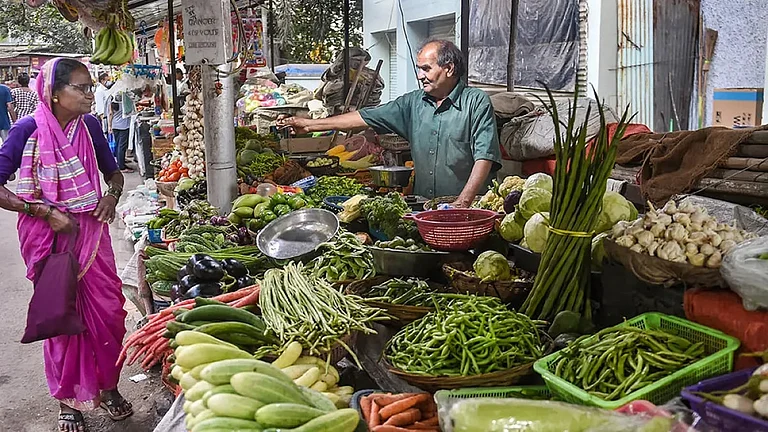The wholesale price of pulses such as tur, masur, chana, moong, yellow peas, and urad have reduced in the range of 5-20% in the past two months. However, the benefit of these reduced prices has not been extended to the consumers as retail prices have remained firm.
According to a report by the Economic Times, the government has urged retailers to reduce the price of these pulses in the retail market as well. The decision was taken after officials from the food and consumer affairs ministry met representatives from the industry to find out the reason behind retail prices not coming down.
The report also cited industry officials who claimed that the government has advised retail traders to aim for a 15-20% reduction and sell some pulses at lower prices. The government is also likely to increase the sale of Bharat brand pulses in the open market if the price of pulses is not reduced.
The Bharat Brand offers food grains, at subsidised prices to consumers in India. The government initiative sells its products through retail outlets such as NCCF Nafed and Kendriya Bhandar. Additionally, the products available under Bharat Brand can be purchased through Bharat Brand’s mobile vans.
The ministry of consumer affairs is also likely to mandate e-commerce platforms to sell cheaper pulses under the Bharat Dal scheme on their platforms, according to a report by Mint which cited people aware of the matter said.
The reduction in wholesale prices was caused by expectations of a good Kharif harvest and a heavy import of yellow peas and chana. Additionally, the availability of winter vegetables has reduced the demand for pricier pulses.
Satish Upadhyay, a senior office bearer of the Indian Pulses and Grains Association (IPGA) told the business daily that the prices of pulses have declined up to 20%.
"The prices of the whole tur had come down by 20%, chana and yellow peas by 10% and masur and urad by 5-10%. The prices of pulses like kabuli chana and rajma are also bearish. Cheaper availability of vegetables has also reduced the pressure of demand on pulses, helping the prices to ease," Upadhyay said.











